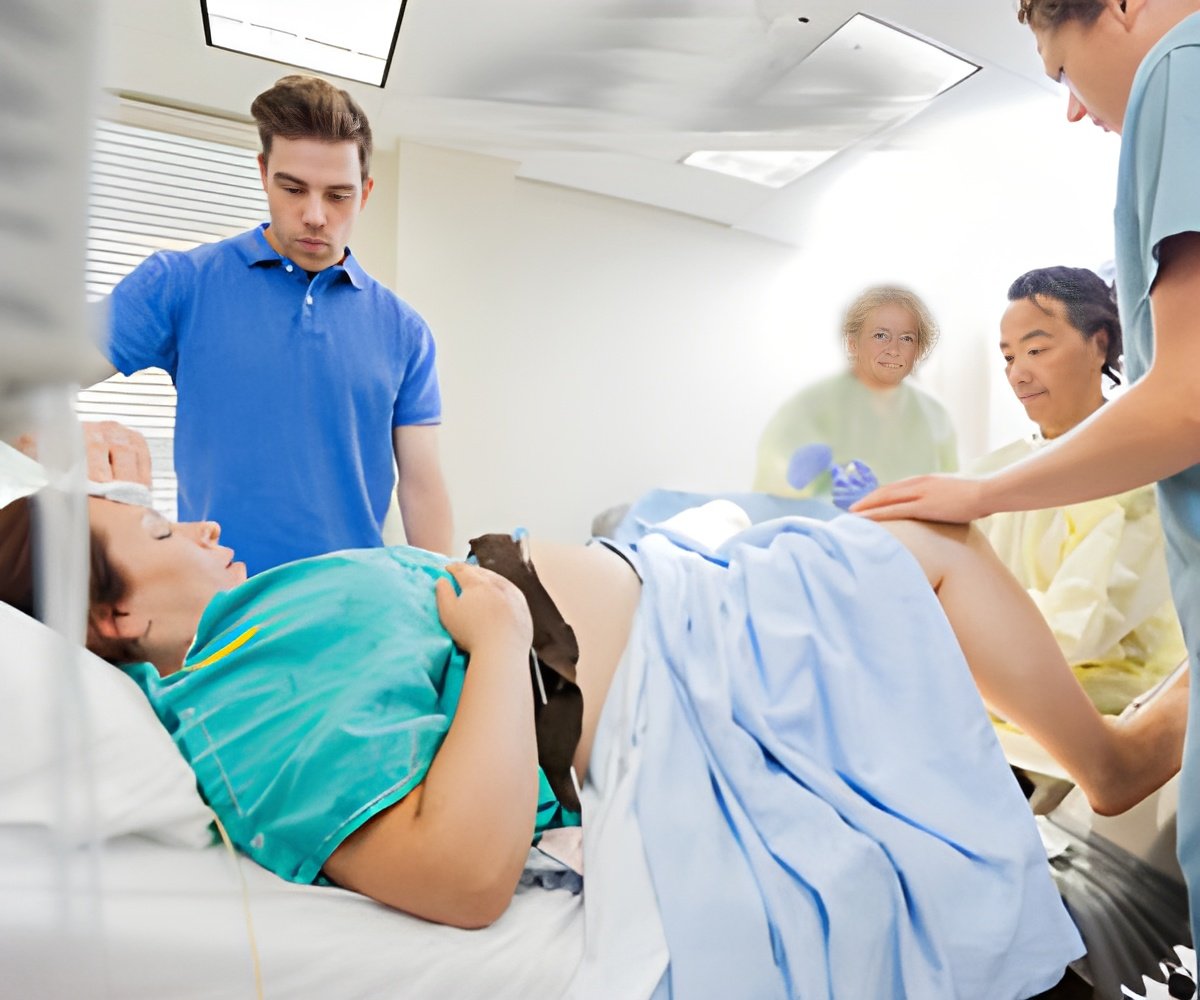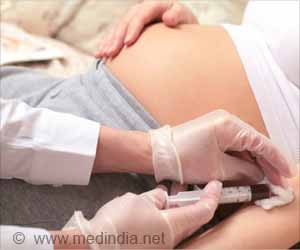Women who do not need pain relief during childbirth were found to be carriers of a key genetic variant that acts a natural epidural, said researchers.

A collaboration between clinicians and scientists based at Addenbrooke's Hospital, part of Cambridge University Hospitals NHS Foundation Trust (CUH), and the University of Cambridge sought to investigate why some mothers report less pain during labor.
A group of women was recruited and characterized by the team led by Dr Michael Lee from the University's Division of Anesthesia. All the women had carried their first-born to full term and did not request any pain relief during an uncomplicated vaginal delivery. Dr Lee and colleagues carried out a number of tests on the women, including applying heat and pressure to their arms and getting them to plunge their hands into icy water.
Compared to a control group of women that experienced similar births, but were given pain relief, the test group showed higher pain thresholds for heat, cold and mechanical pressure, consistent with them not requesting pain relief during childbirth. The researchers found no differences in the emotional and cognitive abilities of either group, suggesting an intrinsic difference in their ability to detect pain.
"It is unusual for women to not request gas and air, or epidural for pain relief during labour, particularly when delivering for the first time," said Dr Lee, joint first author. "When we tested these women, it was clear their pain threshold was generally much higher than it was for other women."
Next, senior co-author, Professor Geoff Woods, and his colleagues at the Cambridge Institute for Medical Research sequenced the genetic code of both groups of women and found that those in the test group had a higher-than-expected prevalence of a rare variant of the gene KCNG4. It's estimated that one approximately 1 in 100 women carry this variant.
Advertisement
This was confirmed in a study involving mice led by Dr Ewan St. John Smith from the Department of Pharmacology, who showed that the threshold at which the 'defective' gates open, and hence the nerve cell switches 'on', is higher - which may explain why women with this rare gene variant experience less pain during childbirth.
Advertisement
"Not only have we identified a genetic variant in a new player underlying different pain sensitivities," added senior co-author Professor Frank Reimann, "but we hope this can open avenues to the development of new drugs to manage pain."
"This approach of studying individuals who show unexpected extremes of pain experience also may find wider application in other contexts, helping us understand how we experience pain and develop new drugs to treat it," said Professor David Menon, senior co-author.
Source-Eurekalert















